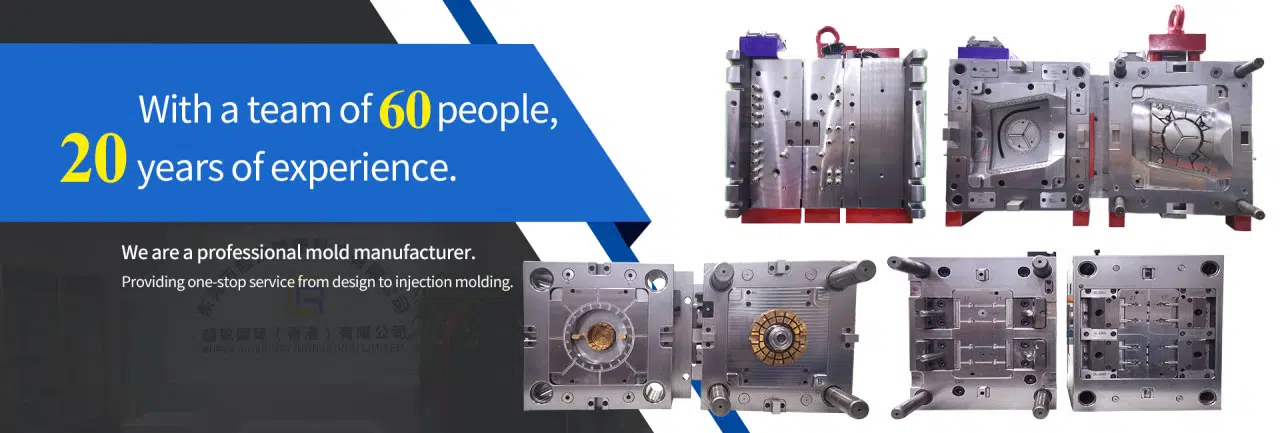
# Brass: The Versatile Alloy for Modern Applications
## Introduction to Brass
Brass is a metal alloy primarily composed of copper and zinc. The proportions of these two elements can be varied to create a range of brasses with different properties. This versatility makes brass one of the most widely used alloys in various industries today.
## The Composition of Brass
The basic composition of brass includes:
– Copper (typically 55-95%)
– Zinc (typically 5-45%)
– Small amounts of other elements (such as lead, tin, or aluminum) may be added for specific properties
The ratio of copper to zinc determines the alloy’s characteristics, including its color, strength, ductility, and corrosion resistance.
## Types of Brass
There are several common types of brass, each with unique properties:
### Alpha Brasses
Containing less than 37% zinc, these brasses are malleable and can be worked cold.
### Alpha-Beta Brasses
Keyword: Brass
With 37-45% zinc, these alloys are harder and stronger, requiring hot working.
### Leaded Brasses
The addition of lead improves machinability, making these alloys ideal for automatic machining operations.
## Properties of Brass
Brass offers numerous advantageous properties:
– Excellent corrosion resistance
– Good electrical and thermal conductivity
– Antimicrobial properties (especially important in healthcare applications)
– Attractive gold-like appearance
– Good strength and ductility
– Relatively low melting point compared to other metals
## Modern Applications of Brass
Brass finds applications across various industries:
### Musical Instruments
Brass is the primary material for many wind instruments, including trumpets, trombones, and French horns, due to its acoustic properties and workability.
### Plumbing and Hardware
Brass fittings, valves, and faucets are common in plumbing systems because of their corrosion resistance and durability.
### Electrical Components
The alloy’s good conductivity makes it suitable for electrical connectors, terminals, and other components.
### Decorative Applications
Brass’s attractive appearance makes it popular for door handles, light fixtures, and architectural details.
### Marine Applications
Brass’s resistance to saltwater corrosion makes it valuable for marine hardware and fittings.
## Advantages of Brass in Manufacturing
Manufacturers prefer brass for several reasons:
– Excellent machinability
– Good casting properties
– Ability to be easily plated with other metals
– Recyclability (brass can be recycled indefinitely without losing its properties)
– Cost-effectiveness compared to other copper alloys
## Maintenance and Care
While brass is durable, proper maintenance can extend its lifespan:
– Regular cleaning with mild soap and water
– Application of protective coatings for outdoor use
– Periodic polishing to maintain luster (for decorative items)
– Avoiding harsh chemicals that can cause dezincification
## The Future of Brass
As industries seek sustainable materials, brass continues to gain importance due to:
– Its high recyclability
– Long service life
– Energy efficiency in production compared to other metals
– Ongoing development of new brass alloys for specialized applications
With its unique combination of properties, brass remains an essential material in our modern world, bridging the gap between functionality and aesthetics across countless applications.